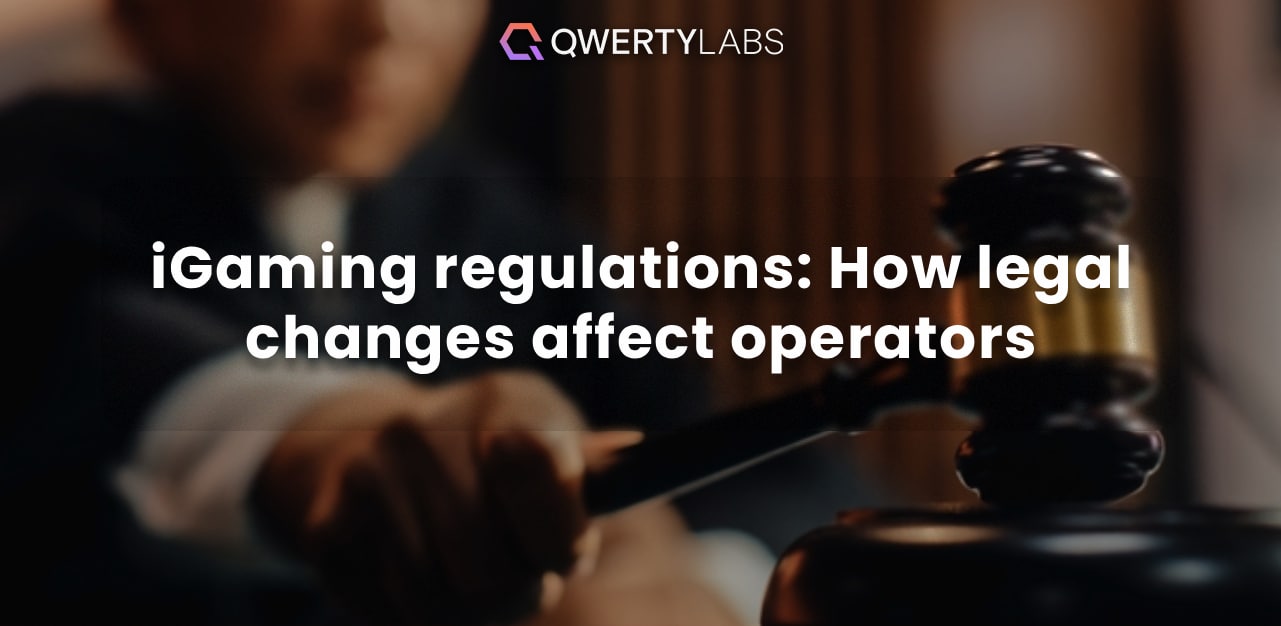Building an identity of how you want your potential clients to see your business is essential. It’s equally important to manage this reputation; this is where QWERTYlabs comes in.
To help maintain your brand’s positive image, here’s a quick crash course from QWERTYlabs on SEO reputation management.
What is SEO Reputation Management?
Search Engine Optimization (SEO) Reputation management is the strategy of maintaining a brand’s image across online platforms to influence search engine results when people search for your brand.
It’s a less broad aspect of traditional SEO that focuses on branded keywords instead of other categories like customer defining, intent targeting and more.
Why is reputation management important?
Brand reputation is how the public sees your business. Naturally, you’d want your company to impact potential customers positively so they support your products and services.
Aside from this, here are other reasons why reputation management is essential:
- It affects the customer’s perception
Reputation is everything if you want consumers to support your business. According to a study conducted by Power of Reviews, 95% of customers rely on online reviews to decide whether or not to buy a product or acquire a service.
- It affects potential employees’ perception
An excellent online reputation is necessary to hire future employees. According to a poll conducted by Corporate Responsibility Magazine, 69% of people seeking jobs refrain from applying for a company with a bad reputation. In the same survey, 84% of currently employed individuals stated they would resign from their current jobs if another company with an excellent reputation made an offer.
- It affects the decision of potential investors
Investors generally don’t want their names associated with companies with bad reputations. You must manage your reputation to ensure potential investors invest in your company.
- It impacts your brand’s market value
Establishing an online reputation is a great starting point to improve your market value and rise above the competition. According to a study posted on PR Week, 8 out of 10 companies experience a boost in market value when they have a better online reputation.
Tips in successful SEO Reputation Management
When you manage a brand’s reputation, you need to make sure you’re using an excellent strategy to ensure it works. Here are the best tips to successfully manage a reputation following SEO best practices:
- Ensure quality customer experience
To create a good reputation for your company, make a great first impression by ensuring the quality of your customer service. Here’s how you can provide a high-quality experience for your customers:
- Create an easy process for refunds or item returns
- Make sure your products and services are of high quality
- Solve problems and provide solutions to concerns
- Provide exceptional customer service that’s available 24/7.
- Establish a social media presence
Social media platforms host a diverse demographic of users, which is why these sites are the best place for brands to build their reputation and engage with potential consumers.
However, social media can sometimes be a double-edged sword since it’s where you can also develop a negative reputation. Stay updated on trends, events, and sensitive issues relevant to your target demographic to avoid alienating or offending your audience.
Additionally, these platforms allow direct communication with your consumers to get instant feedback on what people are saying about your brand.
- Use keyword research
In SEO reputation management, keyword research helps you learn which specific words rank in search results that will boost your brand’s visibility. Some of the most famous SEO tools used for keyword research include Surfer SEO, SEMrush and Ahrefs.
- Engage in review platforms
Aside from social media, review platforms are the best place to read about your brand’s public image. Here, you’ll find real experiences from your consumers first-hand and respond to customer feedback.
As much as possible, you’d want to avoid negative feedback appearing on the results page when people look up your company. By directly providing answers and solutions to customers expressing their dismays, you can prevent the negative reviews from surfacing in your search results.
Some of the most famous review platforms you’d want to establish a presence on include the following:
- Trustpilot
- Glassdoor
- Google My Business.
- Use backlinks
Also known as ‘one-way links’, backlinks are URLs within your website that redirect to a different site. Including these in your content can help increase your website’s ranking when people look it up on search engines, thanks to an algorithm called PageRank.
This algorithm works like a voting system wherein the more backlinks on the page, the higher it will be displayed on the search results.
However, this doesn’t mean you should put links aimlessly, as this will do little for your traffic. Instead, make sure that the page it links to is relevant to the subheading, heading and the content itself.
- Build partnerships
Building partnerships is a great strategy to boost your company’s online reputation. Being associated with some of the most renowned names in the industry will help increase your credibility.
- Constantly monitor your brand mentions
As your business gains traction, you’ll see it mentioned in various online outlets like social media platforms, review sites and more. It's great for your brand since it will increase your visibility.
However, it can also damage your brand’s reputation if it’s negative feedback. That’s where constant monitoring comes in. With this strategy, you can check to see what’s being said about your brand and curate the perfect responses.
Establish a positive SEO online reputation
Once you’ve followed the practices above, you can establish or improve your SEO online reputation. Moreover, use the knowledge you’ve gained here and partner it with some simple tricks to boost your SEO! If you’re ready to take your SEO to the next level, contact us here at QWERTYlabs.





